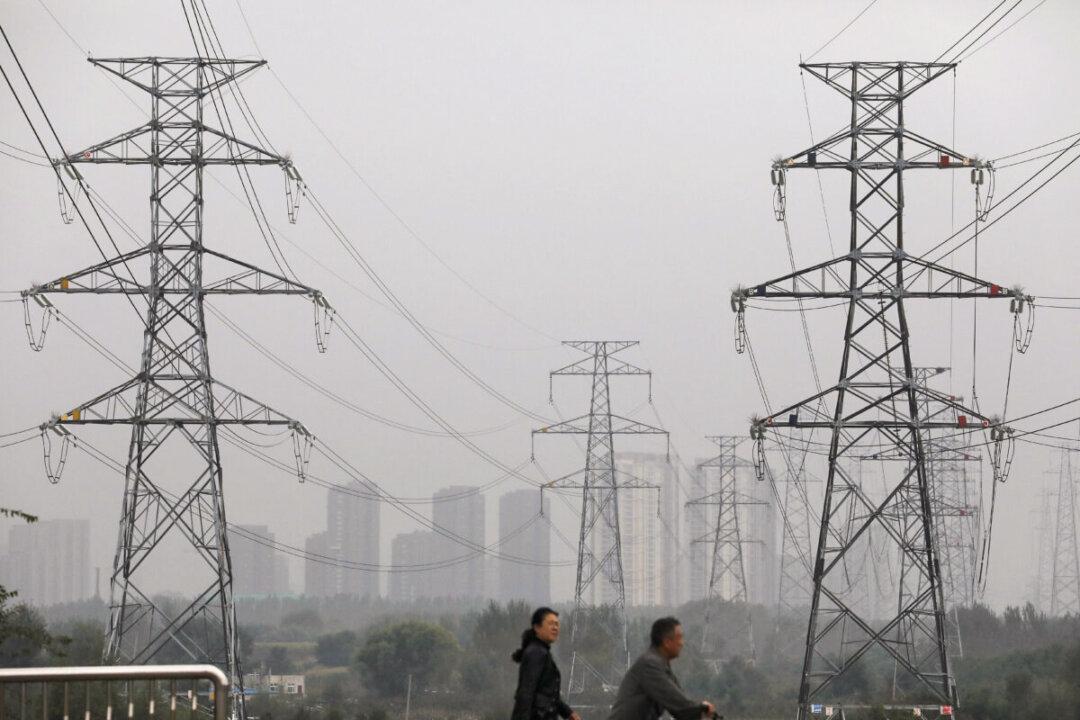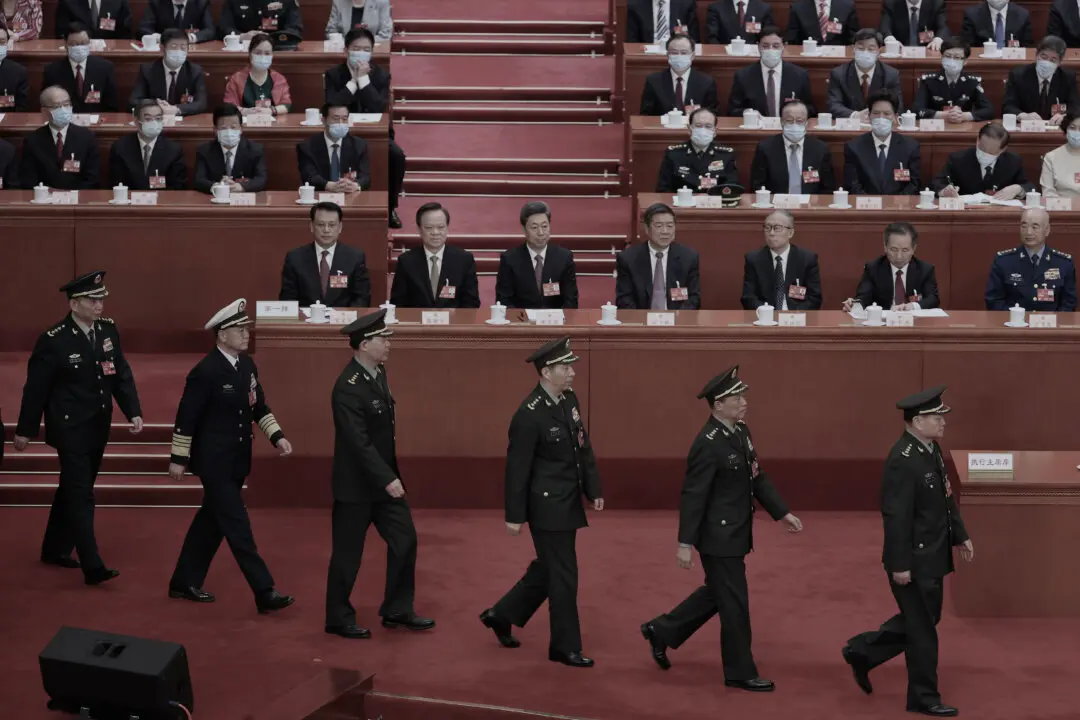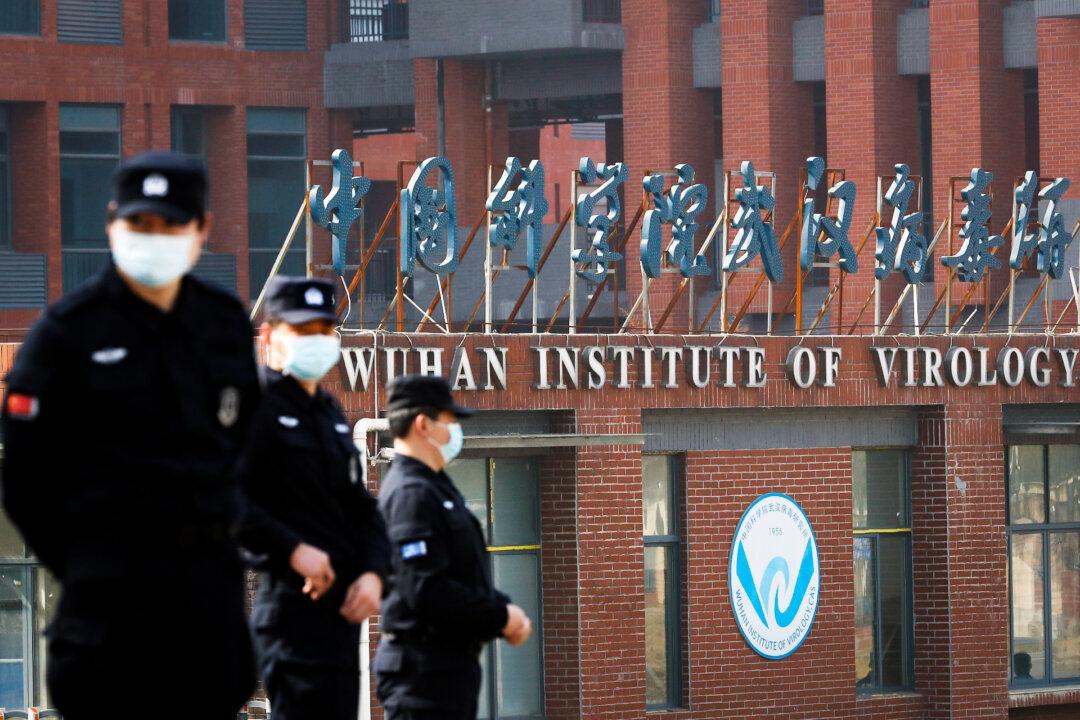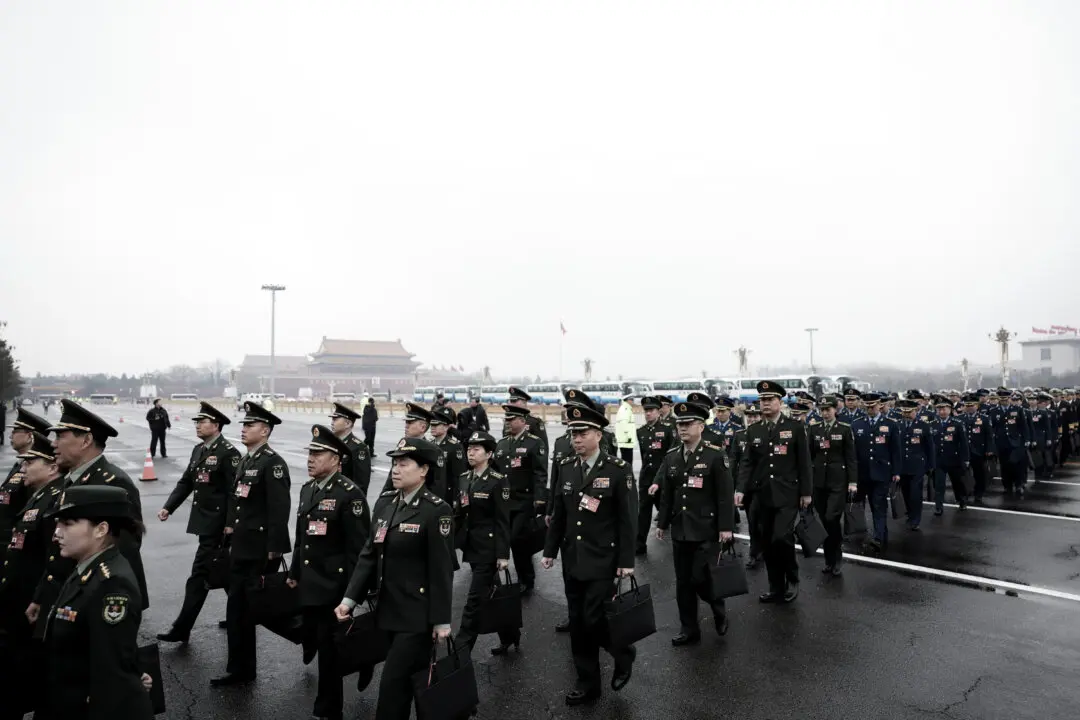Widespread power cuts and rationing in China might quickly push the country into a position where inflation is “difficult to control”, an economist has said.
Power shortages in China have resulted in the price of electricity rising sharply and power supplies to some factories being capped. Independent economist Jiang Hao told Radio Free Asia that due to such shortages, the price of industrial products will rise, and prices of downstream consumer products will inevitably increase as well.




